For the last 100 years, we’ve lacked effective biomarkers to help diagnose and treat common conditions, like anxiety and depression. Heart rate variability (HRV) is about to change that.
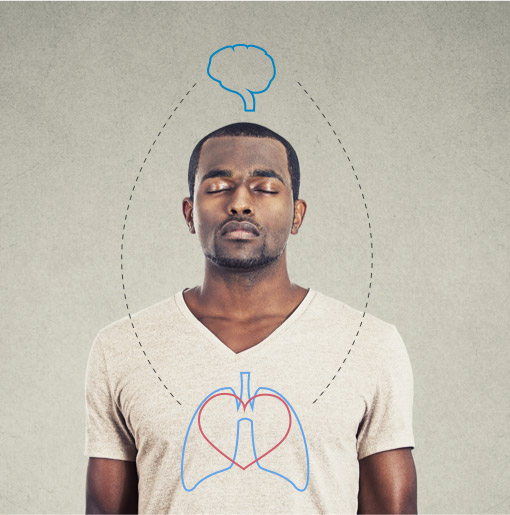
An estimated 48 million American adults have anxiety. Nearly 18 million have depression. Despite the prevalence of these common conditions, we’ve struggled to find effective biological tests for them.
Today, mental health professionals rely on short patient-completed questionnaires to assess mental health. Here’s an example:

Imagine doctors treating your diabetes without measuring your blood glucose levels — deciding how much insulin to inject based on questions like “how sleepy do you get after pasta dinner?” Obviously, this is not ideal.
Mental health has been looking for the equivalent of a blood glucometer for a century. Recently, a promising candidate biomarker has emerged: heart rate variability, or HRV.
What is HRV?
Heart rate variability, or HRV, is a measure of your autonomic nervous system, your “body’s brain” that helps create your emotional response. The autonomic nervous system is interesting, in some ways more than the brain itself, because one of the common threads that connect all mental health disorders is poor emotional self-regulation.
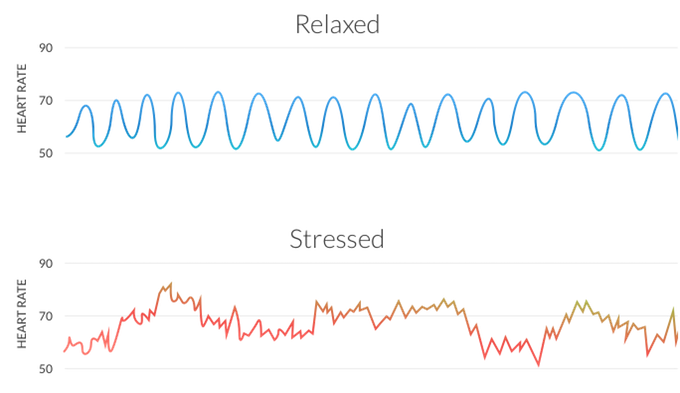
A recent meta-analysis of 2086 anxiety patients showed low HRV is associated with anxiety disorders, including generalized anxiety disorder, social anxiety, PTSD, and panic. A breakthrough study of 146 veteran twins in JAMA Psychiatry found low HRV predicted depression 7 years later, implying HRV could be a causal risk factor for mental health challenges down the line. New theoretical models are being built by neuroscientists and psychologists to explain HRV’s association with anxiety, depression, bipolar, attention problems, non-suicidal self-injury, phobias, psychopathy and schizophrenia.
What’s your number?
While normative databases of HRV exist in cutting edge labs like Dr. Phyllis Stein’s Heart Rate Variability Laboratory, more than just knowing your number it can be helpful to understand that your HRV may not be fixed.
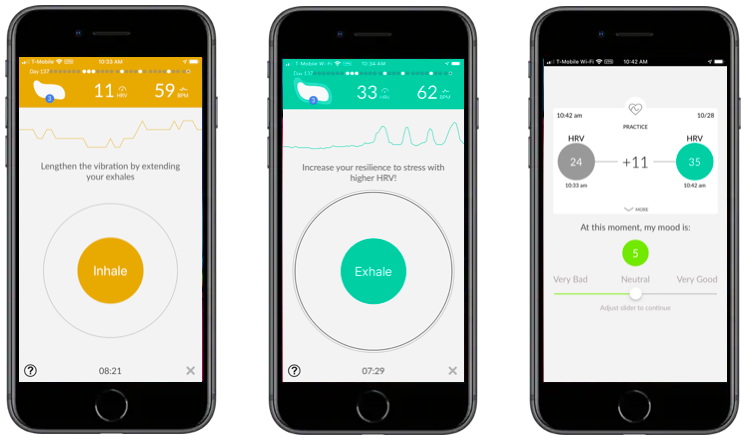
Increasing HRV 11 points in 3 minutes with Lief smart patch. (www.getlief.com)
You can actually train your HRV up through a technology called HRV biofeedback. Surprisingly, this seems to improve your emotional state. A recent meta-analysis of 24 different studies showed HRV training significantly decreases stress and anxiety, with an effect size stronger than either CBT (0.70) or pharmaceuticals (0.60), the current gold-standards. It has also been used in treating depression, substance abuse, PTSD and many other mental health conditions.
In 2020, mental health is projected to overtake all physical disease as the leading cause of disability in the world. Now is the time to make major strides in mental health technologies, like HRV training, that can be cost-effectively delivered to millions of people. We’ll talk more about HRV training in a later post.
Did you know? While common wearables like Fitbit and Apple Watch can measure heart rate, accurately measuring HRV requires a medical-grade electrocardiogram. Lief combines an ECG with discreet HRV training to help improve your HRV wherever you are.
Visit www.getlief.com and use discount code NEWYEARSLIEF10 to get 10% off the world’s most advanced HRV technology.
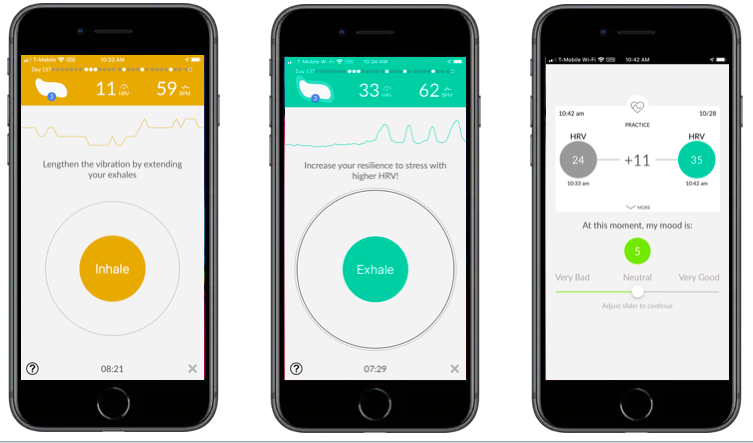

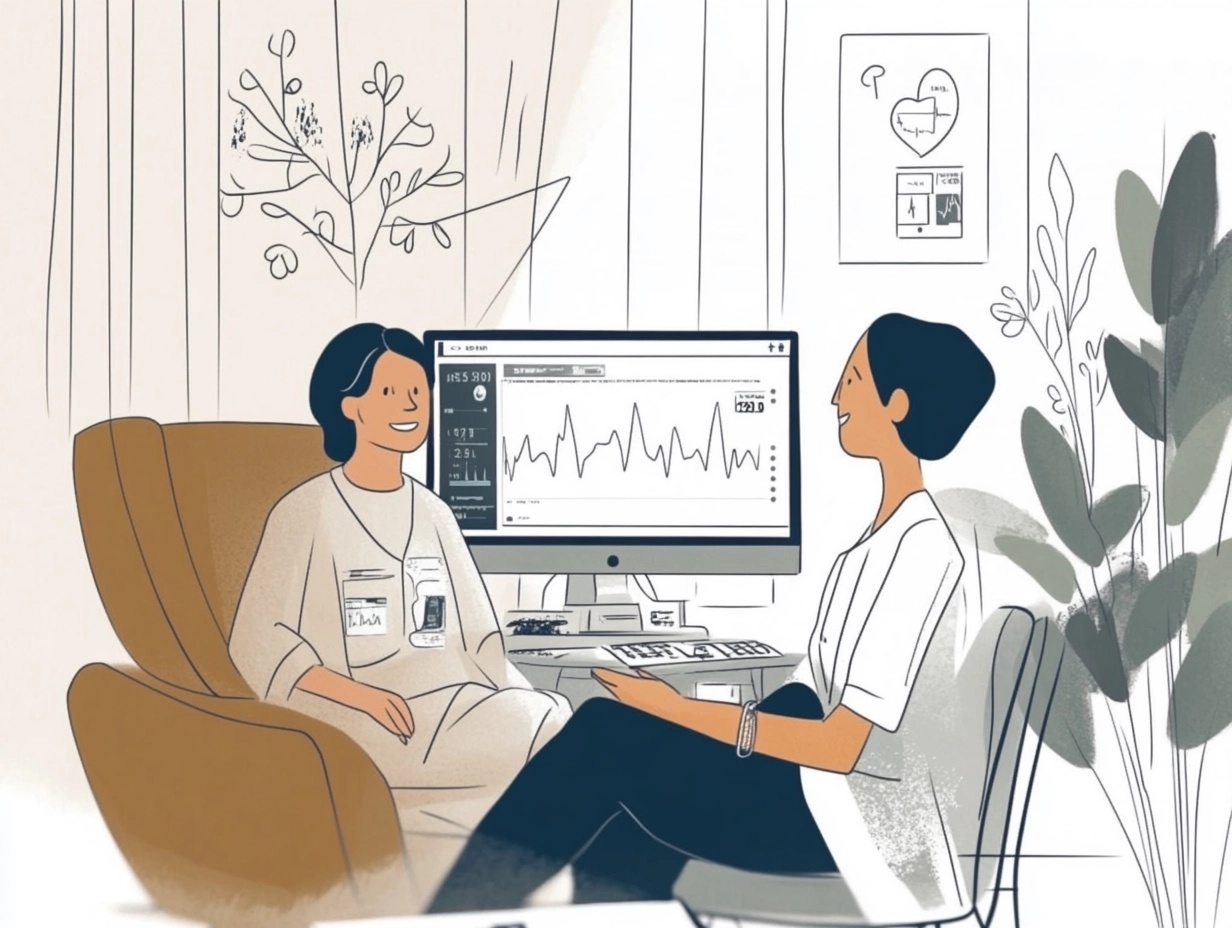


Leave a Reply
You must be logged in to post a comment.